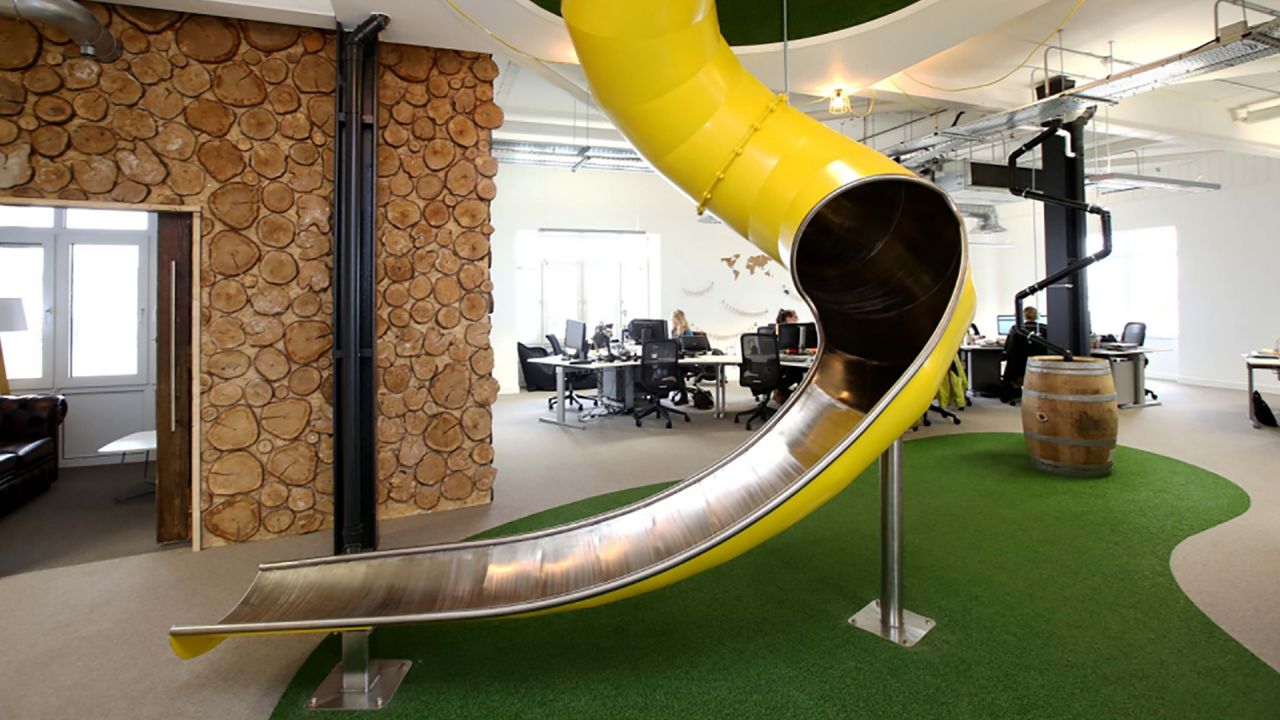It feels almost rose-tinted, thinking back to the day we left the agency.
People backing up drives and packing up pens. Should I set my OOO? Someone take the plants! There was definitely a tinge of excitement, a bit of end-of-term-ness, with people waving goodbye as though heading home for Christmas.
We’ve since been running for over five months as a remote operation, with a team, so used to calling out across desks and chatting in corridors, now having to make do with seeing each other in Gallery View. It’s had its ups and downs. Some days the agency feels productive. Other days, the frustrations of not being in a room together, to rehearse pitches for example, are more evident. But the team has been busy and energy levels have held up well, all things considered.
We should feel lucky really. Listening to friends across the industry, the general warning is one of costs being cut, jobs being lost and offices left sitting empty. Like an out-of-season seaside town, is there a sadder image than that of an agency table football gathering dust? It’s worth remembering that before we worked from home, plenty of agencies prided themselves on the quirks of the workspace: the blue-sky room for big ideas, the beanbag-filled inspiration station, the gigantic slide for eccentrically getting from the second floor to the first. These were all supposed to be signs of ‘good company culture’, a wide-ranging concept that generally stood for having a fun place to work, and doing it alongside people who cared about you. But now that the office has lost its relevance, it is important not to let the culture lose its relevance too.
Because this is a time when company culture actually matters. When you’re a closely bonded community, being forced apart can be unsettling. Given many of us may not be returning to the office until 2021, it can be difficult coming to terms with the notion of being at home all the time, particularly if you suffer from a lack of outdoor space/cultural stimulation/freedom from children. As the pandemic drags on, these pressures stop being ‘work problems’ and start becoming existential ones.
So amid the chaos and confusion of a rapidly adjusting industry, this global crisis may have inadvertently offered us an opportunity to test what ‘company culture’ really means. Was it just about the workplace wackiness, and attempts to reinforce the pompous adage that an agency visit is the most exciting part of any client’s week? Or was there a deeper, more human connection that we really did forge as we shared swing chairs on the agency terrace, and played table tennis on free beer Thursdays? To some extent, there probably was. But if your company once cared passionately about furnishing you with beanbags and ball pits, do they still care about you when you’re in need of job security, flexible working patterns and mental health support?
As an industry that has put so much value on company culture, let’s make sure it remains valuable, even when your company is OOO.
Christopher Godfree, Head of Client Services

